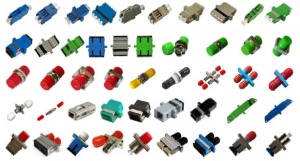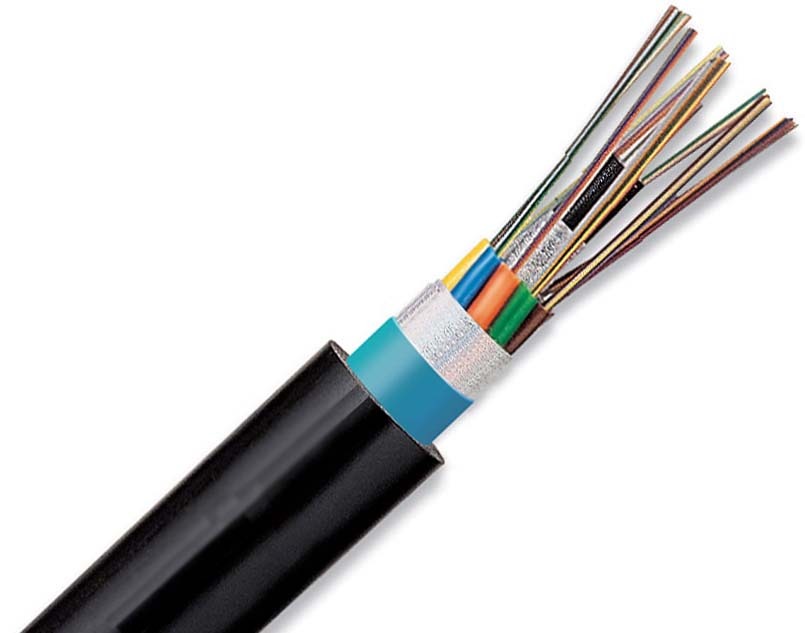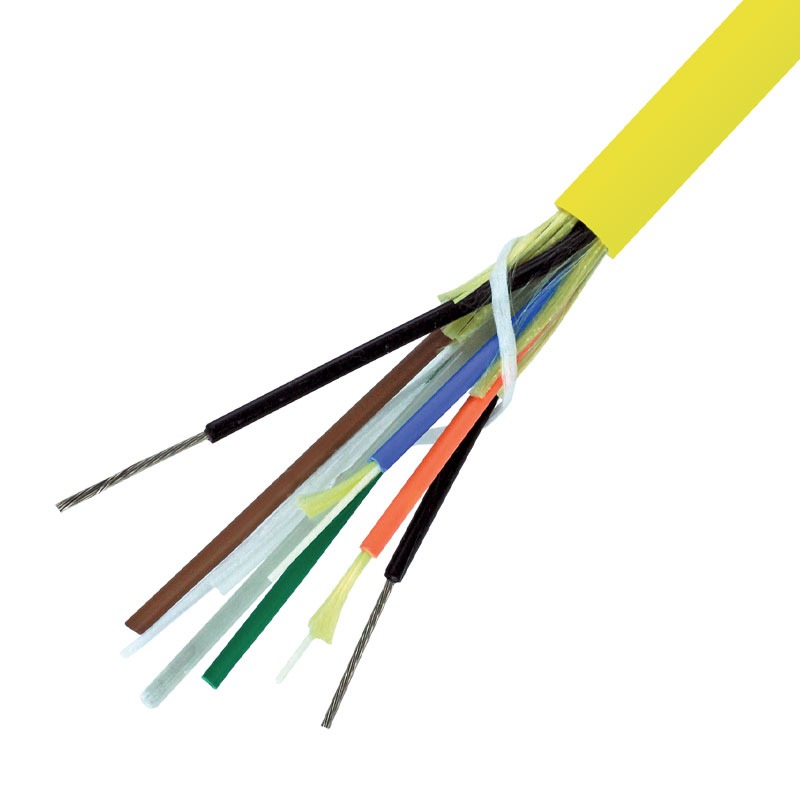In this digital era, data centers form the backbone of the internet, cloud computing, and innumerable applications that power businesses and daily lives. As data storage, processing, and transmission demands increase by leaps and bounds, the infrastructure of data centers has to remain in place.
One of the most critical components of this infrastructure is the Fiber Optic Cable. This paper discusses why fiber optic cables have become indispensable to the modern data center and how supporting components, such as Fiber Optic Adapters and Copper/Fiber Composite Cables, enhance the effectiveness of applying Fiber Optic Cables.


www.baymrotech.com
Relevance of Fiber Optic Cables
Fiber Optic Cables have just revolutionized the whole field of data transportation. Compared with traditional copper cables, fiber optic cables use light to carry data, which runs at very high speeds and large bandwidths. This is very important in today’s most advanced data centers, which must carry large loads of data at any time.
- Fast Data Rate Transmission
The major strength of Fiber Optic Cables is their very high data transfer speeds. This correlates with the functionalities required for data centers undertaking real-time data processing and bulk data transference. This makes fiber optic cables the best for a data center with high performance because they support speed levels way beyond the capacity of copper cables.
- Advanced Bandwidths
The available bandwidth for fiber optic cables has been much higher compared to copper, which implies a considerable conduction capability at a go, which is very important for data center scalability. This potential ability becomes an imperative thing as the volume of data keeps growing.
- Longer Reach Connections Transmission
Fiber optic cables can carry data so far away without any significant loss of signals. This is particularly beneficial to large data centers whose physical extent is immense. In addition, fiber optic cables maintain signal integrity, which doesn’t happen in the case of copper cables used over long distances.
- Electromagnetic Interference Imm
Data centers usually have lots of electronic equipment, with the addition of possible electromagnetic interference. Therefore, data transmission over fiber-optic cables is not affected by the electrical noise in such conditions, which makes them more dependable in highly active electronic environmental settings.
Fiber Optic Adapters: What Do They Do?
Fiber Optic Adapters are used to connect different Fiber Optic Cables to perfect their efficiencies. They may give a platform where different varieties of Fiber Optic Cables can be connectedly integrated into the infrastructure of data centers.
- Versatility and Flexibility
Fiber Optic Adapters allow one to make a versatile and flexible network design. It gives the ability to join various types of fiber optic cables and thus allows for easy upgrading and expansion of the data center network. This flexibility is a must for modern data centers when scaling quickly and efficiently.
- Enhanced Connectivity
Fiber Optic Adapters enable uniform and consistent connections among different networking components in the data center. It maintains the optimal quality of the signal, which reduces the probability of errors in data transmission and thus assures the smooth running of the network.
Advantages of Copper/Fiber Composite Cables
The most outstanding performance can be provided by Fiber optics. At the same time, more can be offered with the availability of Copper/Fiber Composite Cables due to the combination of the strengths of fiber optics and copper.
- Power and Data Transmission
Copper/Fiber Composite Cables are capable of transmitting power and data. This dual power and data functionality extensively makes it work well when used in data centers that require power over Ethernet. These composite cables integrate power and data in one cable, simplifying network design and reducing the complexity of cabling.
- Cost-Effective Solutions
Copper/Fiber Composite Cables may represent a solution for some applications due to this combination of capitalizing on the high-speed data transmission characteristics of fiber optics and the power transmission features of copper, thereby reducing the installation and maintenance costs.
Conclusion
This makes fiber optic cables indispensable for use within data centers, supporting reliable high-speed data transmission. Additionally are the connectors, fiber adapters, and copper/fiber composite cables—these are the complementary components that make the best performance of and the most extensive variety of networks possible. Baymro Technology focuses on delivering first-class Fiber Optic Technology solutions so that the data center will always be effective. When you choose our products, you are investing in the future of your network infrastructure, which means your data center will be equipped to withstand the challenges of tomorrow.


